Trump admin. okayed secret Pentagon plan for shadow war with Iran: Report
Towards the end of his presidency, Donald Trump approved a secret Pentagon campaign to conduct sabotage, propaganda and other psychological operations in Iran, a new report has revealed.
A report by Yahoo News, published on Wednesday, quotes former senior officials who served in the Trump administration saying the campaign led by American military’s special operations forces was “designed to undermine the Iranian people’s faith in their government” and shake the government’s “sense of competence and stability”.
Trump, whose eventful tenure at the helm saw tensions between the two countries escalate alarmingly, had acknowledged that the plan would have to be carried out by the next US administration.
The 200-page package of options involved “things that would cause the Iranians to doubt their control over the country, or doubt their ability to fight a war,” a former defense official is quoted as saying in the report.
Almost a year after he was voted to power in a bitterly-fought election, the megalomaniac US President pulled his country out of the joint comprehensive plan of action (JCPOA), also known as Iran nuclear deal, in MAY 2018, which was followed by reinstatement of sanctions on Iran under the so-called ‘maximum pressure campaign.’
The hostile behavior of the former US president took an ugly turn in the final months of his presidency, when he reportedly gave his nod to the US propaganda campaign against Iran.
It is not clear whether his predecessor, Joe Biden, has decided to continue with the Trump-approved operations, which can potentially jeopardize the upcoming talks in Vienna aimed at lifting the draconian US sanctions on Iran and salvaging the 2015 nuclear deal.
Irregular warfare
The report in Yahoo News notes that many prongs of this “irregular warfare” campaign did not formally require presidential permission, and could have been approved by the secretary of defense and other top Pentagon officials.
“But some in the Pentagon, especially within the Joint Staff, impeded the execution of these plans for years,” it says, quoting former military officials.
At the start of 2018, “very explicit direction went out” to the Pentagon on some elements of the campaign, a former senior administration official is quoted as saying, adding that “explicit direction was given…and discretion was exercised liberally not to do it.”
“The Pentagon sat on it, refusing to take any action on it, because it didn’t want to,” the official said. “And ultimately, at a point of exasperation, felt it had no choice or recourse but to present some of the components of it, as some broad plan to be approved in response to a task, so they wouldn’t look like they were completely resistant or incompetent.”
The last-minute push was the culmination of years of frustration by Trump administration officials over how to wage the shadow conflict with Iran, the report asserts.
The proposed campaign was deeply examined by Pentagon’s legal personnel, according to officials.
Legality of plan
One of the “sticking points” within the US Department of Defense was “the legality of it, whether this [campaign] constituted acts of war,” said a former senior Pentagon official. “It all came down to the definition of sabotage, and what that means legally.”
The proposal, the report adds, was developed and supported by top military officials within the Special Operations Command and Central Command, as well as senior civilians within the Defense Department overseeing special operations and intelligence matters.
Gen. Frank McKenzie, the head of US Central Command, was an avid proponent of the Iran-focused actions, who said Gen. Mark Milley, chairman of the Joint Chiefs of Staff “consistently slow-rolled the proposal”.
The plan, which officials said had been under development for years, involved operations that would take at least six months to get up and running once they were approved by the president.
“Trump was briefed that none of these things were going to take place in his time” in office, a former official is quoted as saying. Trump’s reaction was that of “supreme disappointment”.
Skepticism pervaded the relationship between top Trump national security officials and their CIA briefers. Administration officials pointedly questioned the agency’s assessments that Iran was not imminently capable of developing nuclear weapons, according to former officials, the report noted.
CIA or Israeli regime?
In the end, Trump’s national security officials concluded that the CIA likely did not possess the capabilities to carry out the types of covert action demanded by administration policymakers.
When it came to covert action against Iran, administration officials asked the CIA, “What can we do tonight? Or what can we do next week? Or even six months from now?” said the former senior Pentagon official. “It was the ‘come to Jesus’ moment, [and] it’s like, 'That’s it, that’s all you’ve got?'” The agency’s capabilities were “completely underwhelming,” said this former official.
The CIA engaged in “this constant litany of why we couldn’t do anything, and then you have the Israelis champing at the bit to do stuff, and wondering why we would talk a good game and then go back and not produce anything,” said Coates.
Eventually, Trump told the Israelis, “'Go forth. Go, do. You be the kinetic arm, and we’ll do the maximum pressure campaign,'” said a second former senior administration official.
The then-CIA Director Gina Haspel tried to convince Milley that the agency should be in charge of the US secret operations against Iran, according to the former senior defense official.
Haspel “wooed him into believing that CIA was responsible for this, and let CIA take care of this,” said this former official. “Meanwhile, CIA wasn’t doing anything.”
On counter-proliferation activities, “they let us run wild, because they just didn’t want to get involved in the disruption part,” said the former senior agency official.
Cyber warfare
In 2018, the Trump administration approved a presidential finding permitting the CIA to conduct much more aggressive covert action in cyberspace, after which the agency conducted covert hack-and-dump operations against Iran and Russia and cyberattacks on Iranian infrastructure, officials told Yahoo News.
But the issues went deeper than neglect, benign or not, by the Trump administration, according to another former CIA official.
When it came to the administration’s ideas for covert action against Iran, “either it was overly aggressive — start a war or people die — or unrealistic,” said the official. “Human life was not so much a concern.”
The agency’s diminished covert action capabilities in Iran may have been tied to its struggles in maintaining sources there, according to former officials. “The stable has been decimated, and there was no incentivization to rebuild it,” said the former senior CIA official.
In the summer of 2021, the top CIA official abroad responsible for Iran operations sent a cable to agency headquarters warning that its Iran-related recruiting efforts had all been compromised, according to former CIA officials. The Iran-related cable was previously reported by the New York Times.
In October, the CIA wrapped up its Iran Mission Center, making it part of the agency’s broader Middle East operations division.
Participation shrinks at Israeli arms expo in wake of Gaza genocide: Report
Venezuela calls on UN to pressure US for Maduro’s immediate release
Hamas: Israel seeks to break Palestinian abductees’ will through abuse
Former UK ambassador released on bail after arrest in Epstein-linked probe
Hamas condemns Israel’s arson attack on mosque in West Bank, calls for mobilization
Trump's top general warns of Iran aggression risks: reports
VIDEO | US ambassador’s remarks on Israel’s expansion spark outrage
VIDEO | ‘Protect the Right to Protest’ rally held outside London court


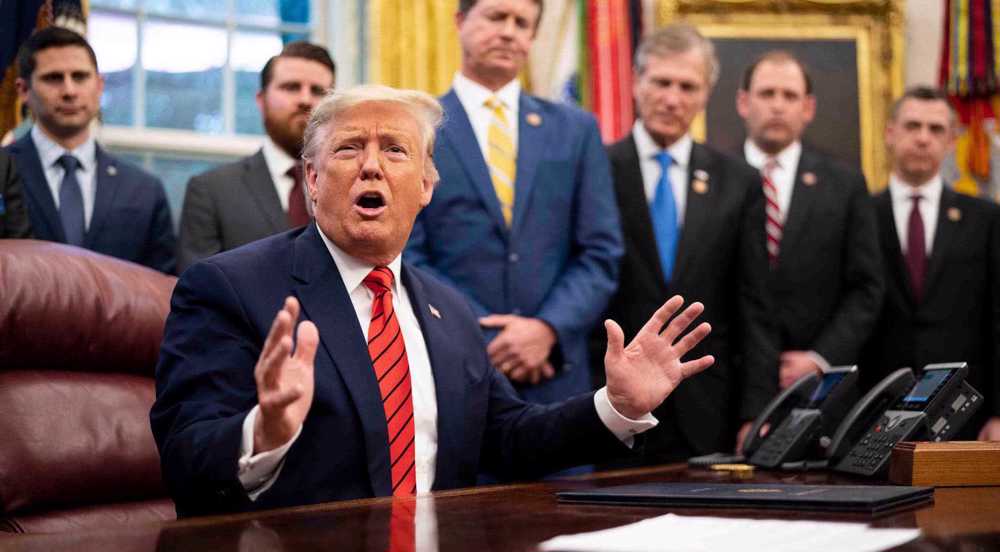
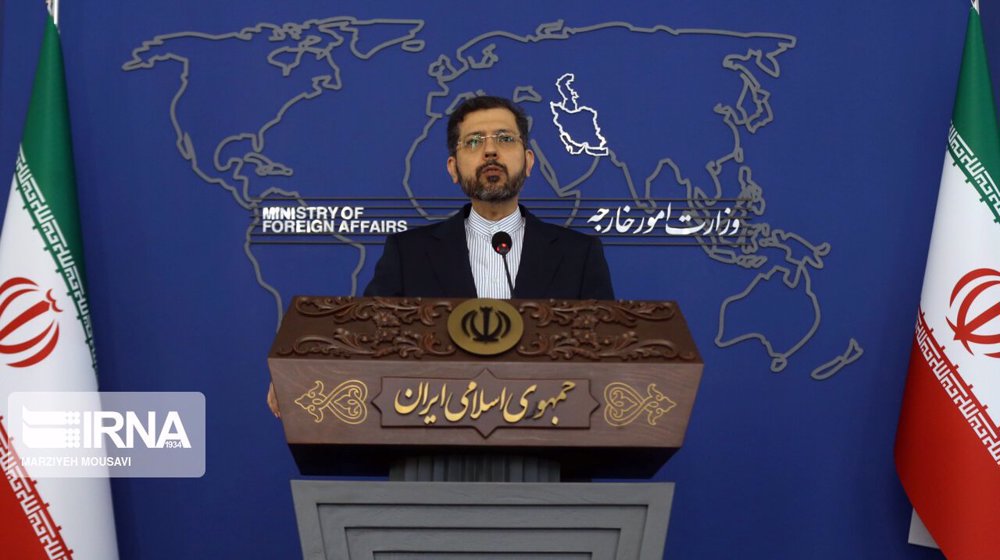
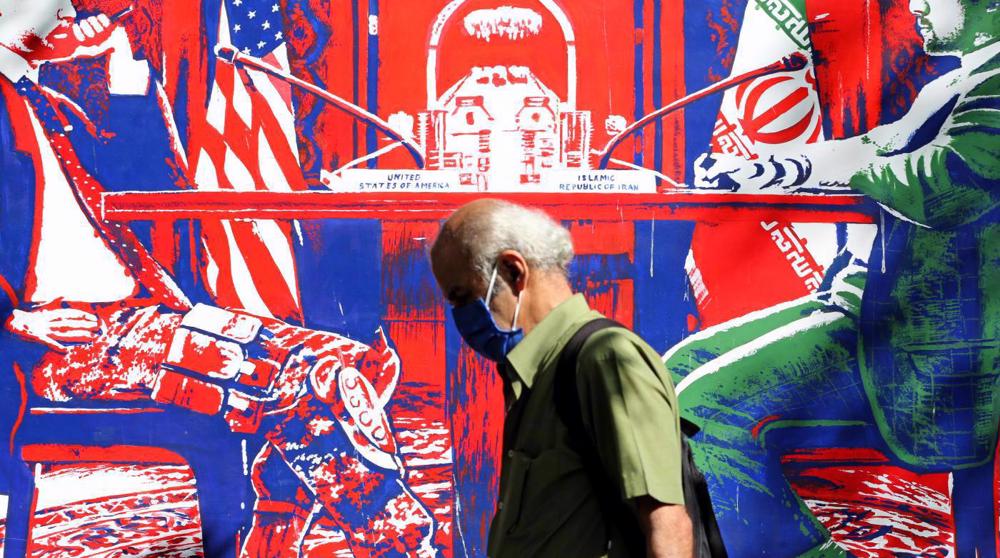

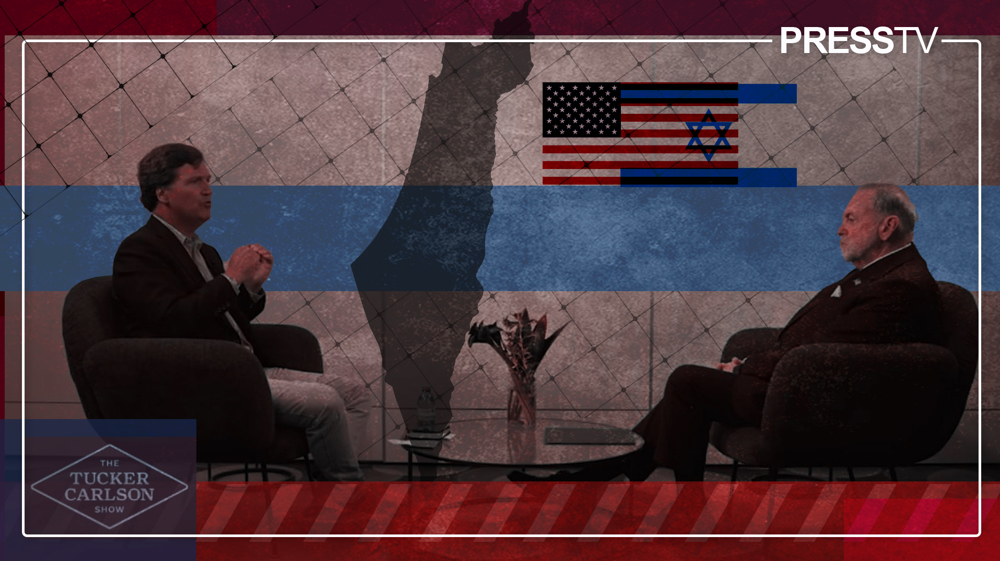

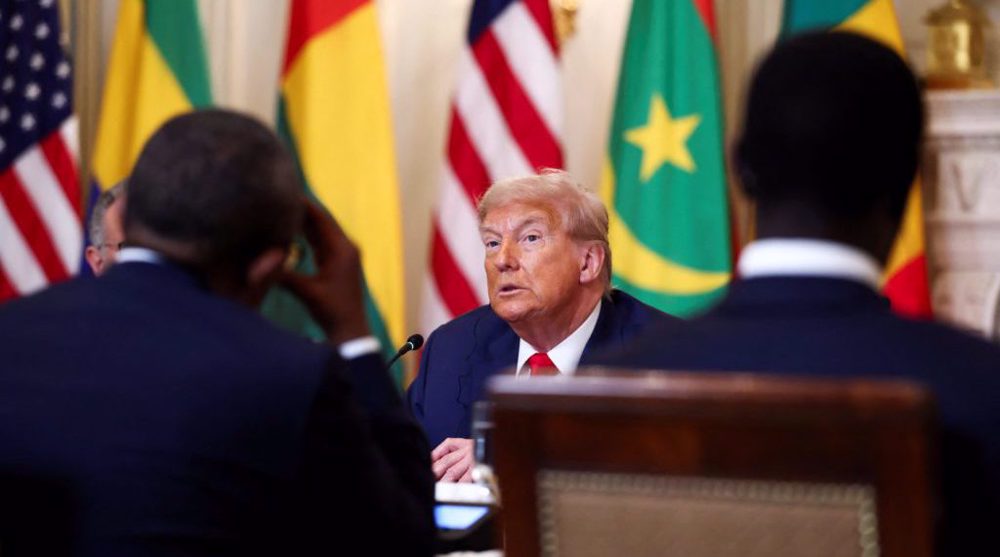



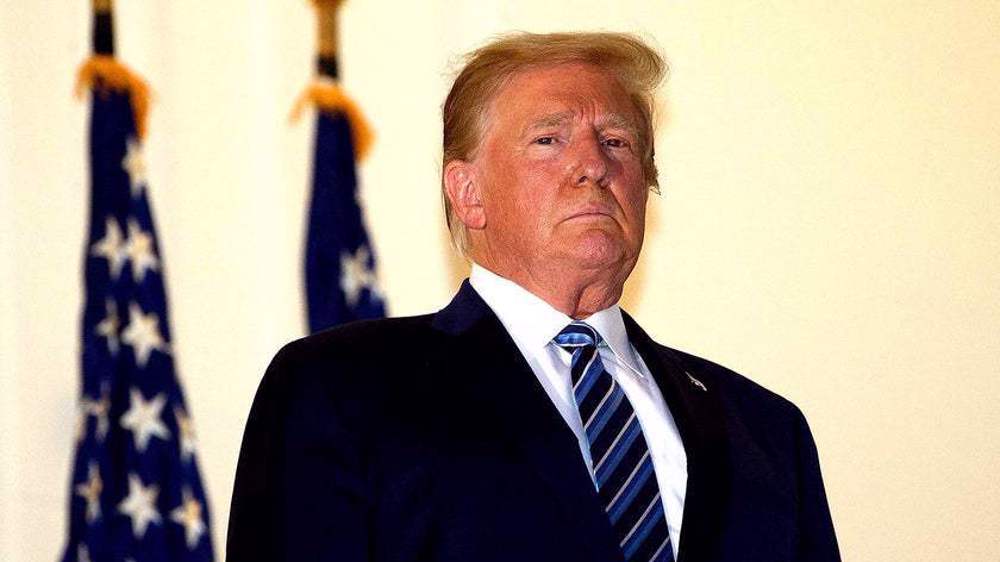
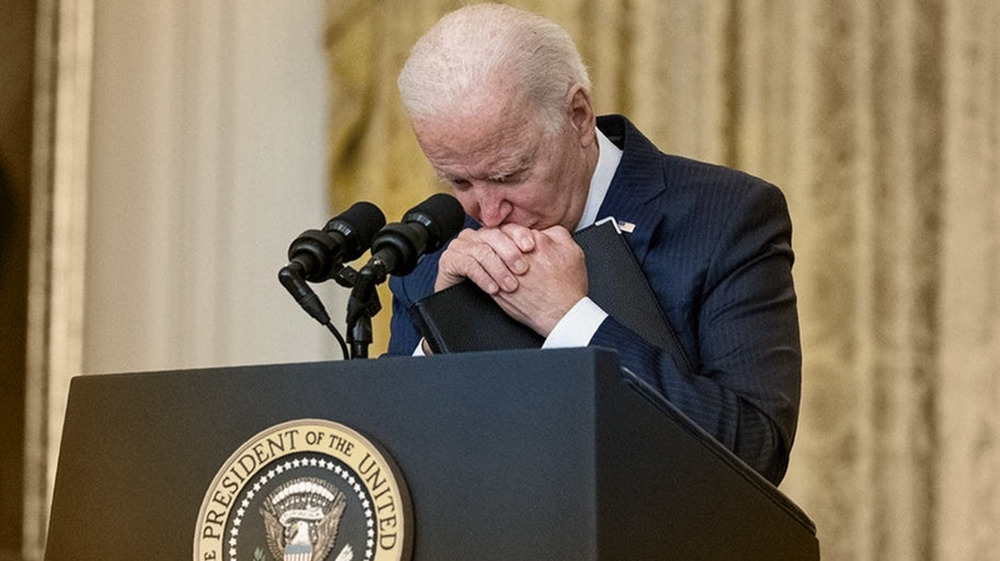

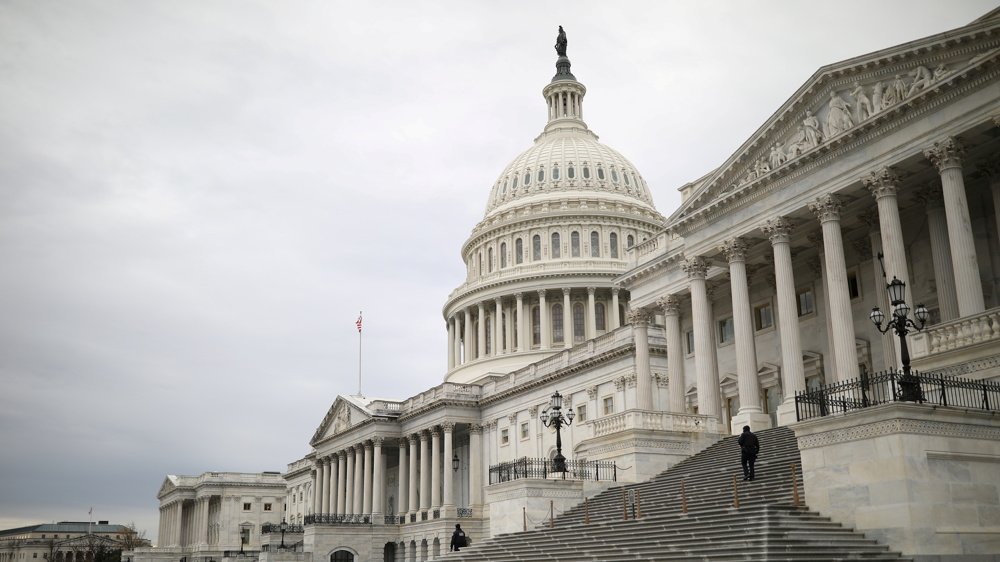
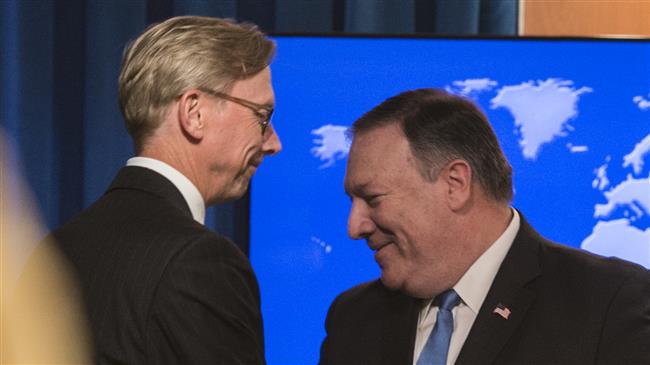

 This makes it easy to access the Press TV website
This makes it easy to access the Press TV website